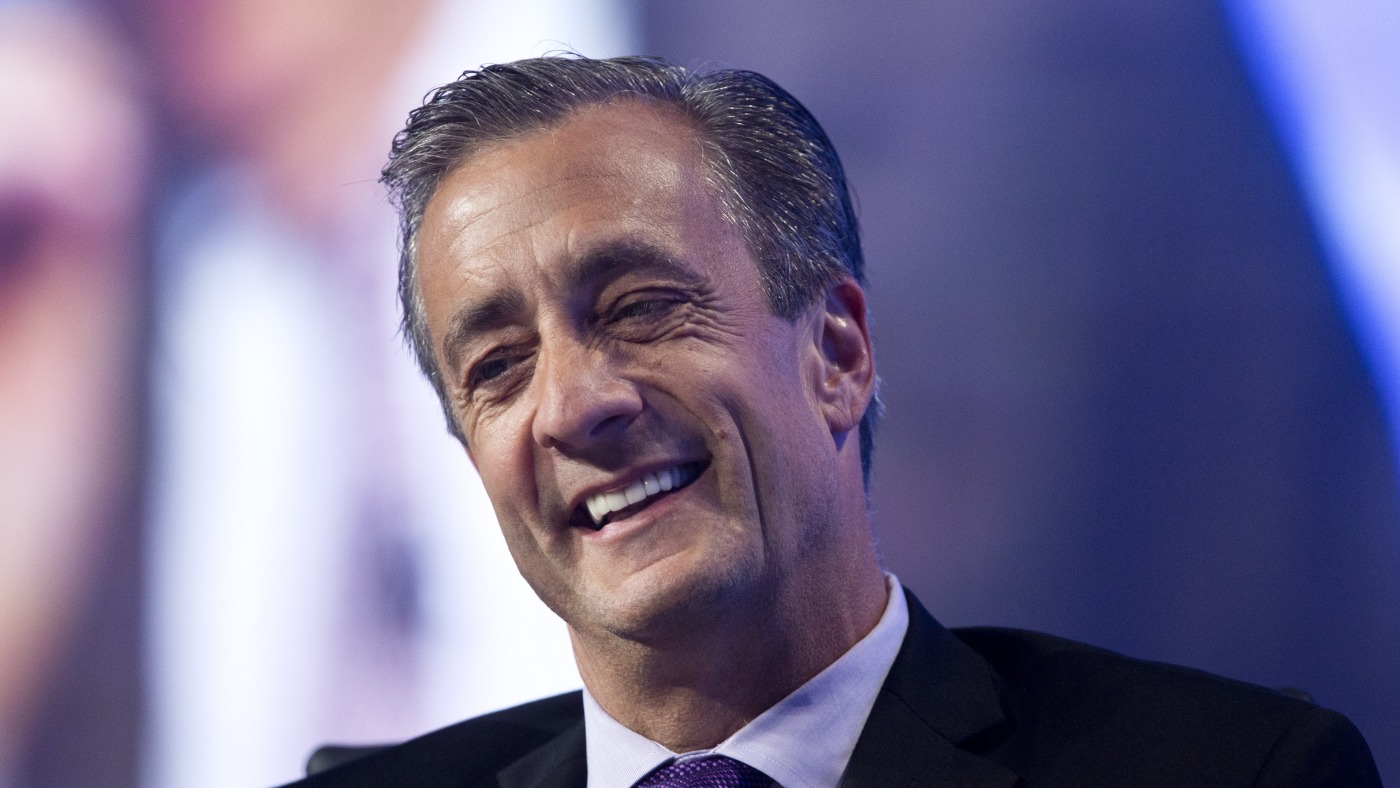A New Era for the U.S. Postal Service
The U.S. Postal Service (USPS) stands at a crossroads with the impending appointment of David Steiner as the next postmaster general. This decision, backed by President Donald Trump, has ignited a whirlwind of reactions, with postal unions and industry experts voicing a mix of apprehension and curiosity. As the USPS braces for this leadership change, it is essential to delve into the nuances of Steiner’s appointment, its potential implications, and the broader context in which it occurs.
A Corporate Giant Enters the Postal Arena
David Steiner: A Brief Profile
David Steiner, a seasoned corporate executive, brings a wealth of experience from his roles at FedEx and Waste Management. His appointment comes at a time when the USPS is navigating financial turbulence and operational uncertainties. The selection of Steiner was officially announced by Amber McReynolds, chair of the USPS Board of Governors, during a public board meeting. Steiner is slated to take over from Louis DeJoy, who resigned amidst a storm of controversies and disagreements with industry peers.
The Selection Process: A Closer Look
The selection process for the postmaster general is typically shrouded in a veil of secrecy, with the USPS Board of Governors playing a pivotal role. However, the Trump administration’s involvement in this appointment has raised eyebrows, with critics questioning the independence of the selection process. The appointment of Steiner, with his deep ties to the corporate world, has further fueled these concerns, with some viewing it as a thinly veiled attempt at political interference.
Conflicts of Interest and the Privatization Debate
The FedEx Factor
One of the most contentious aspects of Steiner’s appointment is his current role on the board of FedEx, a direct competitor of the USPS. This has led to accusations of a clear conflict of interest, with critics arguing that Steiner’s loyalties may be divided between his corporate affiliations and his duties as postmaster general. The National Association of Letter Carriers (NALC), representing nearly 300,000 active and retired letter carriers, has been particularly vocal in its opposition to the appointment.
The Privatization Bogeyman
The specter of privatization looms large over Steiner’s appointment. Brian Renfroe, the president of the NALC, has described the decision as an “aggressive step” toward privatization, a move that could fundamentally alter the public nature of the postal service. The fear of privatization is not unfounded, with the Trump administration previously expressing support for privatizing the USPS. The appointment of Steiner, with his corporate background, has done little to allay these fears.
Navigating the Challenges Ahead
Operational and Strategic Shifts
Steiner’s appointment could herald a significant shift in the USPS’s operational and strategic direction. His experience with FedEx and Waste Management suggests a focus on efficiency and cost-cutting measures. However, critics argue that his lack of direct experience in postal services could hinder his ability to address the unique challenges faced by the USPS. The USPS, with its vast network and critical role in American infrastructure, requires a leader who can balance innovation with the preservation of public service values.
Financial Sustainability: A Tightrope Walk
The USPS has been grappling with financial challenges for years, with the COVID-19 pandemic further exacerbating its woes. Steiner’s corporate background could prove beneficial in navigating these financial challenges, with his experience in cost-cutting and efficiency measures. However, he will need to tread carefully, as aggressive cost-cutting measures could potentially compromise the quality of service and alienate customers.
Public Expectations and Political Pressure
As Steiner prepares to take the helm of the USPS, he will face a complex landscape of public expectations and political pressure. The USPS, with its vast network and critical role in American infrastructure, will require a leader who can balance innovation with the preservation of public service values. The coming months will be crucial in shaping the future of the USPS, with all eyes on Steiner to see how he navigates these challenges.
A Mixed Bag of Reactions
The reaction to Steiner’s appointment has been a mixed bag, reflecting the broader divide in American society. While some view it as a necessary step to modernize and streamline the USPS, others see it as a potential threat to the service’s public mandate. The Trump administration’s involvement in the selection process has also raised concerns about political interference in a historically independent mail service. The appointment has been described as a “hostile takeover” by some, highlighting the deep-seated fears of privatization and the erosion of public services.
Looking Ahead: The Road to July
As the USPS braces for this leadership change, the road to July, when Steiner is set to assume his new role, will be closely watched. The coming months will be crucial in shaping the future of the USPS, with Steiner’s actions and decisions setting the tone for his tenure. The USPS, with its vast network and critical role in American infrastructure, will require a leader who can balance innovation with the preservation of public service values. The coming months will be critical in shaping the future of the USPS, and all eyes will be on Steiner to see how he navigates these challenges.
A Pivotal Moment for the USPS
The appointment of David Steiner as the next postmaster general marks a pivotal moment for the USPS. While his corporate background brings a fresh perspective, it also raises significant concerns about conflicts of interest and the potential for privatization. As the USPS faces an uncertain future, Steiner’s leadership will be crucial in determining the direction of this essential public service. The coming months will be critical in shaping the future of the USPS, and all eyes will be on Steiner to see how he navigates these challenges. The USPS stands at a crossroads, and the path it takes will have far-reaching implications for the American public. The future of the USPS is at stake, and the coming months will be a test of Steiner’s leadership and his commitment to the public service values that the USPS holds dear.

